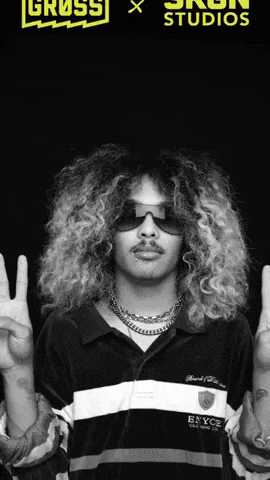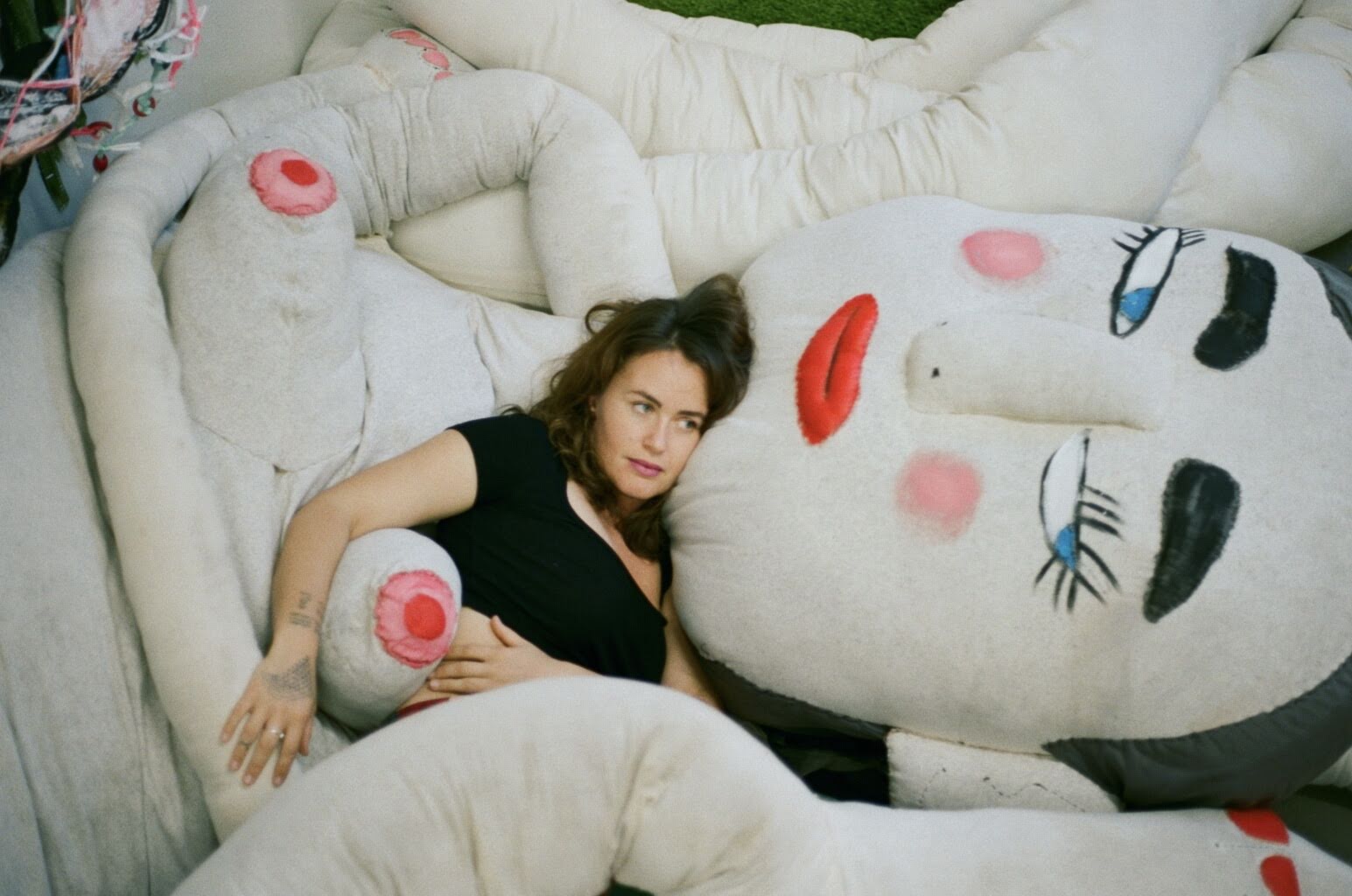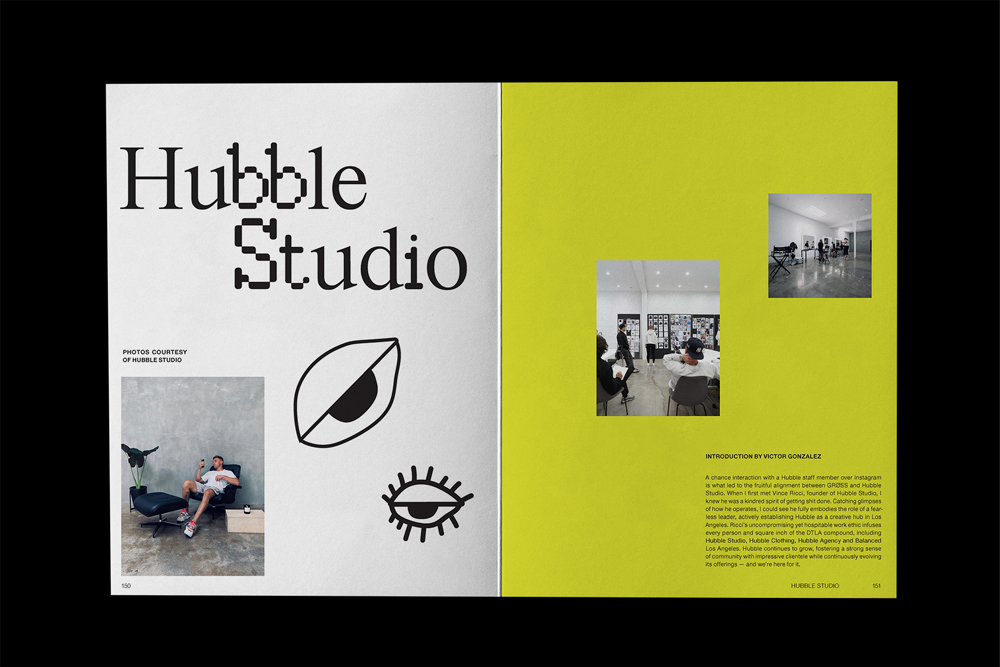The older we get, the more we separate ourselves from everything and one another. Naturally, we may clash with one another because of these biases and differences to maintain control over ourselves and this ever-changing world. The irony is that some of us realize that no matter what, we're still the same person we were when we were young. Children seem to be the only ones who aren't tainted by this reality, but we all grow up losing that piece of us that was innocent.
When life changes, do we change who we are by letting go of what we once knew?
Los Angeles-based, multi-media artist Elena Stonaker evokes that question by using interactive textile installation, painting, sculpture, design, video, and participatory audience experiences. A Pratt Institute graduate whose works have been exhibited throughout the US and Tasmania, Stonaker focuses on the deep exploration of a hyper-feminine, surreal world. Using visual language steeped in softness, beauty, and comfort to touch on the taboo; elements that bring discomfort like body image and sexuality. You can see this as therapeutic or erotic. Still, ultimately her work translates as a world where purity is not something you lost as a child when growing up but something that still remains in you.

1. Although the world can be beautiful, it also can weigh a lot on someone, let alone someone who does as much as you do. Do you ever feel overwhelmed with your various talents - from painting to costuming?
Yes, of course. It's impossible to physically accomplish all the things you have ideas about, and energy comes in cycles. After years of working myself into exhaustion, these days, I try to respect the amount of energy I have available to me — less flapping, more gliding. It's a lesson of getting older and learning to use your limitations as tools for editing and refining.
2. You've created your own world through your art. What influenced you to fray from just sticking with one specific discipline in your career?
The idea of "creating a world" has been a significant motivating factor for me as an artist. As my practice has deepened over time, my desire and curiosity to explore different modalities naturally unfolded. Much of my work is based on loose storytelling, so creating in various mediums opportune layering textures to explore the narrative through time and space. How sensually encompassing can I make it? Each medium has its own function. For example, a two-dimensional painting or drawing might capture one moment in time, like a frame in a movie, capturing a feeling. Working sculpturally creates the illusion/feeling of something living in our same physical plane even if it sits still for eternity. Costume and set design make the visual vessel for a living storyline. Interactive installations invite the viewer to be an active participant in the world. The different mediums allow me to play and exercise within the subtle layers of perception and participation in an intentionally holistic attempt at expression.

3. Art can be therapeutic for both the artist and the observer. Embracing elements of your life, good and bad, to create something genuine for someone to connect with. How important are those moments for you?
Very important. It is one of the main reasons I create. I love the concept of transmutation - taking poison and turning it into medicine. Working (both consciously and unconsciously) with the trauma of life and the humble attempt to create some kind of antidote or even a salve has been a great teacher in problem-solving; seeking the true roots of discomfort or pain to adequately address it. Adding elements of beauty and humor to points of discomfort can be a way of making it easier to digest.
4. There's a strong identity in your work. Playful but sternly detailed, you've created pieces that feel warm and nostalgic. With that said, what period in your life influenced you and your art the most?
Probably my childhood? I was quite introverted and lived in my imagination, in books, in the garden in a world of fairytales amidst plants and flowers. The "real world" was (and still is) a bit of a sensory overload. Adult me has been trying to build a safe and whimsical world for the child still living within me and the child within anyone else in need of a soft, beautiful and inviting haven. My initiation into womanhood has been another critical guiding factor in my work. It has fostered my desire to create a place for cultivating and celebrating the full spectrum of archetypal, multi-dimensional femininity. This aspect is what inspires me to make space, within the realm of nurturing beauty and comfort, where we can safely explore the obscurity of the mysterious caves within ourselves.
5. Although there are adult themes in your art, it still feels childlike. From the beaded embroidered canvases to the stuffed moon and human figures, you've managed to make your work accessible to children and adults. As an adult, do you think one has to forget one's youth or past to grow?
Preserving curiosity and purity of the inner child is deeply important to my creativity and sense of play and wonder. Cultivating discipline and structure has played a massive part in protecting that part of myself while not letting it completely run the show. The structure is vital for growth and evolution, while the spark of childhood can ignite creativity.
6. Sometimes innocence is portrayed in all art mediums from a perspective that comes from 'the saint' or 'the whore' philosophy. It's either through a pure or perverted lens, but more often, a cliché in any case. With your art, that's not the case. With the nudity shown in your art, it still feels childlike and comes from a place of purity. Was that intentional, and how'd you find that balance?
That's a good question, and I am happy you feel that way. As we have previously discussed, I like to create an entry point into my work based on childlike innocence. So how can I create an approach to seeing the feminine as innocently as a pre-conditioned baby looking at its mother? That inspired me to make my series of "Big Mamas," soft, women sculptures you can cuddle with created on a scale that makes adults the size of small children - and it works! I have seen many full-grown people crawl into their laps, wrap their long arms around them, and fall into a nap, haha.
I want to be clear, though: this point of comfort acts only as my doorway to perceiving the infinite dimensionality of femininity. It's kind of a trick so that we can see through the fresh baby eyes without all the conditioned constructs. My deeper interests lay within the complete spectrum depiction of the feminine as described in ancient texts about goddesses. These texts acknowledge the capacity of not only the nurturing mother/creator archetype but the sensual/sexual being, the purity of the virgin, the holder of the mystery of life, the destroyer that can take life away and the cyclical nature of the feminine.
7. I think you found a bridge. Seeing as your art can be a conversation piece between adults. Do you also believe your art can also make for a conversation between child and parent(s)? If so, do you think parents should be more open to their kids when discussing adult matters such as politics, sex, drugs, etc.?
I think there's a way to be honest, and informative with children while giving them room to just be kids as long as possible without coddling them too much. Kids mature at different rates depending on their personalities and environments. They have different learning styles, so I guess it is a case-by-case thing. Generally speaking, they are much more aware and capable than we give them credit for, so cultivating safe spaces where kids can organically be exposed to more challenging topics and find their own questions is a gentler approach than throwing them right into the ring.
























































































































































































































































































































































You must be logged in to post a comment.